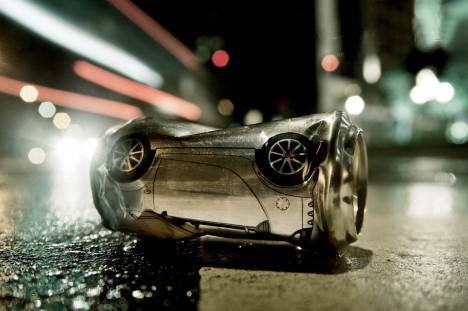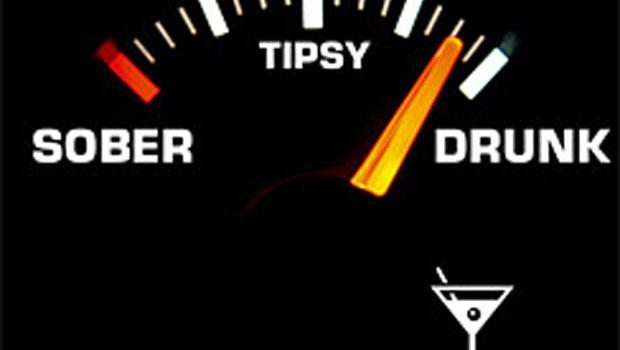Yes, the State insurer, the Instituto Nacional de Seguros (INS), has an insurance product for its customers (insured) who drive under the influence of alcohol – that is drive drunk.
The produce, called “extra prima del 20%”, is an insurance policy rider for liability coverings of type A (injuries) and C (material damages), the policy rider out for physical and material damages to third parties caused by a drunk driver with the rider.
The rider makes it possible that in the event of an accident caused by a drunk driver of an insured vehicle, the INS covers the damages. It even covers the death of third parties.
The product is not new, it has been around since 2009.
“It is a form of solidarity of the INS to respond to third parties who have been affected by an accident where the driver is an insured person (policyholder) driving under the influence of alcohol,” explained Wilberth Quesada, head of communications at the INS.
The INS spokesman pointed out that the product has as a spirit not to leave defenseless innocent people, who suffer damages or injuries due to negligence or lack of expertise of a driver in those conditions.
How much does it cost?
A little more than ¢58,000 colones (almost US$100 dollars) with a maximum pay out of ¢100 million colones per person and ¢200 million colones per accident for type A coverage and ¢40 million colones per accident for type C.

The “extra prima del 20%” only covers the damages to third parties and does not recognize the losses suffered by the insured.
Of course, for the payment to be issued, the INS carries out an investigation to make it clear that the claim is not a fraud .
Getting tough on drunk drivers
The rider does not guarantee that the drunk driver will not go to jail. Last December, the Fiscalía General and the Policía de Tránsito (General Prosecutor’s Office and the Traffic Police) announced to be more rigorous against drunk drivers.
The new protocol for drunk drivers is now they are arrested and subjected to a legal process like any other alleged criminal.
If a driver is allegedly detained because he or she has ingested liquor (or some type of drug), he ro she will be transferred to the corresponding Prosecutor’s Office according to the location. He or she will be arrested, taken to cells of the Judicial Investigation Organization (OIJ), a criminal file is opened (reseñado in Spanish) and processed immediately when they sober up.
Germán Marín, director of the Traffic Police, explained in December that the institutional criterion is that if a person is behind the wheel of a vehicle their consumption of alcohol must be zero.
“If what we want is to safeguard the physical integrity of ourselves or of third persons, the driver must be in optimal conditions,” he said.
That is all nice.
The realities
But the reality, however, is that the INS is saying to the population, don’t worry about drunk drivers on the road, we will have your back. And to the drunk drivers, “we’ll take care of that (third party liability) for you”.
I was recently at a private party, unlike a public bar, a place where guests pay to enter and can bring in their own alcohol.
What I saw what I had seen years before, people drinking away the night to then get in their cars and drive away. Nothing had changed over my years in the country. The message on drunk driving hasn’t hit home.
I don’t have the figures to back up my claim, based solely on my observations, but I can safely bet that in a majority of the major crashes occurring almost daily, excessive alcohol consumption was mostly likely involved.
Perhaps, in my opinion, the worst time to be on the roads in Costa Rica is just after 2 am, when most the bars around the country close. No bull.
From QCostaRica

